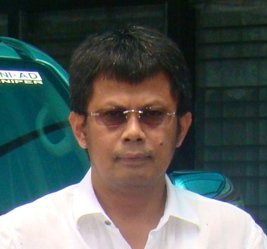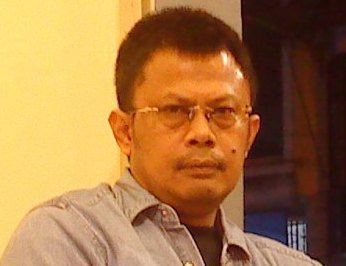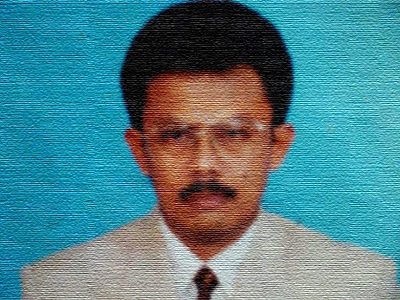Click here to view the video (requires Real Media Player - free download)
Mark Perloe, MD: I’m Mark Perloe and I’m here at the American Society of Reproductive Medicine meeting with Professor Togas Tulandi who is Professor of Obstetrics and Gynecology, and the Milton Leong Chair in Reproductive Medicine at McGill University in Montreal. Thank you so much for coming and speaking with us. Your presentation this morning on pelvic adhesions and the implications that this has for patients was very interesting. I wonder if you might share some of the data that you presented?
Togas Tulandi, MD: Basically adhesions are a big problem for gynaecologists, surgeons and also all the physicians. Adhesions can cause infertility and abdominal pain. More importantly, it is the main cause of small bowel obstruction. The cost for health care is just tremendous.
Mark Perloe, MD: But we have new mechanisms and options to deal with adhesions. In the United States we have Intergel, and Seprafilm, and Interceed. Haven’t we licked the problem yet?
Togas Tulandi, MD: We haven’t cured adhesions. However, those substances you mentioned have been shown to decrease adhesion formation. The efficacy of Interceed, Intergel, Goretex or Preclude and Seprafilm has been demonstrated in randomized clinical trials. The rest are still preliminary.
Mark Perloe, MD: Are they effective both in preventing de novo adhesions versus the procedure where you go in to manage adhesions that are already present?
Togas Tulandi, MD: It is certainly more difficult to prevent adhesion reformation but it seems like most of them have some effect. How much? We don’t know for sure but maybe not enough.
Mark Perloe, MD: Now the basic techniques that we have available are acting by keeping surfaces apart, coating them and preventing them from sticking. What do we know about how an adhesion forms and what’s happening on a molecular biological basis that may give us more clues to therapeutic intervention?
Togas Tulandi, MD: The basic surgical techniques come from animal studies. There are no studies in humans demonstrating that keeping the surface wet or using microsurgical principles decreases adhesion formation. However, studies in animals show clearly that these measures help. In terms of more basic questions, I believe there are some growth factors involved. One of them that we have looked at and also Dr. Chegini is TGF-beta - transforming growth factor beta. It might have some role of TGF-beta in adhesion formation. But to say that this is the answer, we don’t know yet.
Mark Perloe, MD: One of the other things that has bantered about - one of the other controversies is whether laparotomy or laparoscopy is less likely to generate adhesions and along with that using lasers versus scissors versus electro-surgery. Are there big differences in other methods that work a whole lot better than others?
Togas Tulandi, MD: For sure laparoscopy is better in terms of adhesion formation. Just look at myomectomy - almost 100% by laparotomy, you have adhesions. By laparoscopy the incident is about 60-70%. In terms of laser, harmonic scalpels and others, the surgical modality is all the same in adhesion formation.
Mark Perloe, MD: Do you believe that the decreasing exposure to surgical cases and the opportunities for training residents in surgery may lead to more problems in the future?
Togas Tulandi, MD: I think that is true. With the development of in vitro fertilization, there are less reproductive surgeons. Residents and fellows are less exposed to reproductive surgery. There is a concern that they might not able to do this kind of surgery in the future but the reproductive surgeons are trying to maintain this level of exposure.
Mark Perloe, MD: I know many physicians in active IVF programs are saying that if the initial procedure or initial attempt at adhesiolysis does not restore fertility then resorting to IVF to improve the pregnancy rates that we are seeing may be a more appropriate approach. Do you think that improvements and the advent of newer methods of preventing adhesion recurrence may change the balance between surgery and IVF for managing infertility?
Togas Tulandi, MD: In the ideal world everybody goes to IVF. The pregnancy rate is better than surgery, there is no question about that. But not everybody can afford IVF, so there is still a place for reproductive surgery. And the other thing is the attitude – some women don’t want to go straight to IVF – they want to do things before IVF. But in the ideal world, if the attitude is ‘fine I want to get pregnant at any cost’ go to IVF.
Mark Perloe, MD: Thank you so much Professor Tulandi.
Togas Tulandi, MD: Thank you.
24.jpg)



















No comments:
Post a Comment